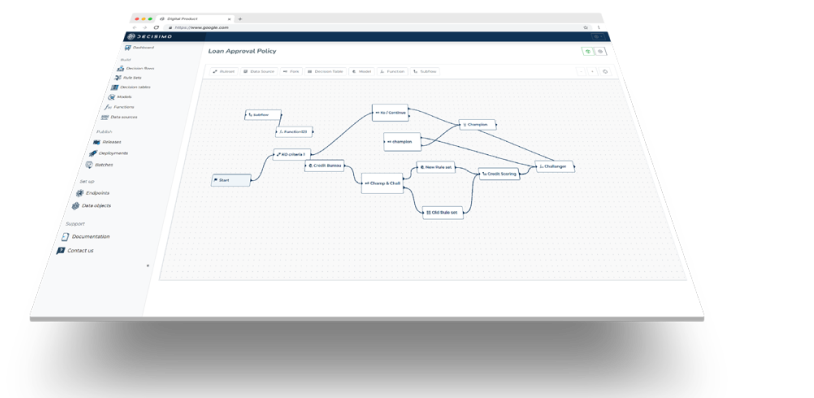3 Free Tools for Analyzing IP Addresses and Identifying Malicious Actors - Decisimo
Published on: 2024-08-10 18:29:56
In today's digital landscape, cyber threats are evolving rapidly, with malicious actors employing various tactics to compromise systems and gain unauthorized access.
As businesses and individuals increasingly rely on online services, the importance of implementing robust anti-fraud measures cannot be overstated.
This article explores three indispensable tools for analyzing IP addresses, detecting botnet activity, and mitigating risks associated with fraud.
- Porject Honey Pot
- Barracuda Central
- AbuseIPDB
We will also propose specific anti-fraud rules for each service to bolster their effectiveness in preventing cyber threats.
Project Honey Pot
Project Honey Pot is a comprehensive service focused on detecting botnet activity, including spam networks (email, comments), harvesters, and dictionary attackers. The service collects data from honeypots deployed by its user community, which are then analyzed to identify and blacklist malicious IP addresses.
Anti-fraud rules for Project Honey Pot:
- Evaluate response types: Project Honey Pot classifies IP addresses into various categories, such as comment spammers, email spammers, harvesters, and dictionary attackers. Create rules to block or flag IP addresses based on their categorization and the specific threat they pose to your system.
- Set threshold values: Assign risk scores to different types of malicious IPs, and establish threshold values for blocking or flagging IPs based on their cumulative risk scores.
- Monitor activity frequency: Track the frequency of malicious activity from specific IP addresses and establish rules for blocking or flagging IPs with unusually high activity rates.
Example rules
- Block IP addresses that are listed in the Project Honey Pot database
- Block IP addresses that are listed in the Project Honey Pot database and have a spam score of 5 or higher
- Block IP addresses that are listed in the Project Honey Pot database and have a spam score of 10 or higher
Barracuda Central
Barracuda Central is a service primarily targeting email spam networks for detection and prevention. It maintains an extensive database of known spammers and malicious IP addresses, allowing users to implement effective anti-spam measures and enhance their overall cybersecurity.
How to approach setting anti-fraud rules for Barracuda Central:
Check for email spam reputation: Utilize Barracuda Central's reputation data to create rules that block or flag IP addresses with poor email spam reputations.
Abuse IPDB
Abuse IPDB is a versatile service that offers a premium experience with a complimentary tier available for users. It provides a straightforward REST API for seamless integration and stands out due to its IP address profiling capabilities, offering additional layers of security.
Anti-fraud rules for Abuse IPDB:
- Analyze IP profiling data: Abuse IPDB provides detailed profiling information about IP addresses, including the network type, ISP, and geolocation. Create rules to block or flag IP addresses based on these characteristics, targeting IPs that exhibit suspicious patterns or originate from high-risk locations.
- Evaluate confidence scores: Abuse IPDB assigns a confidence score to each IP address based on the likelihood of it being involved in malicious activities. Establish rules to block or flag IP addresses with confidence scores above a certain threshold.
- Monitor historical data: Utilize Abuse IPDB's historical data to detect trends and patterns in malicious activity. Create rules that account for past behavior, targeting IP addresses with a consistent history of malicious actions.
Conclusion
The digital landscape is fraught with challenges and threats that necessitate the adoption of robust cybersecurity measures.
Employing advanced tools such as Project Honey Pot, Barracuda Central, and Abuse IPDB can greatly enhance your ability to detect and prevent malicious activities.
By integrating these services into your cybersecurity strategy and implementing the proposed anti-fraud rules, you can significantly reduce the likelihood of illegitimate logins, account takeovers, or scalping bots.


